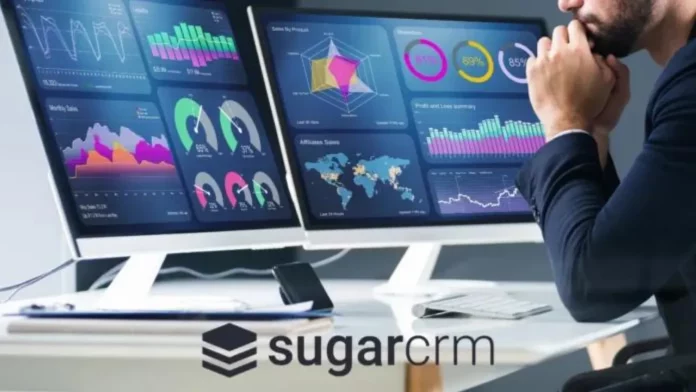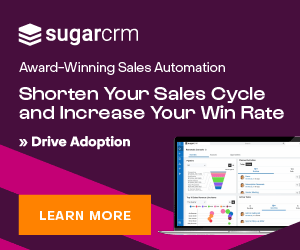In the ever-evolving world of sales, the questions remain the same, but the answers are constantly changing. The buying and selling process has undergone significant transformation, with the typical buying group for a complex B2B solution now involving six to ten decision makers, each armed with independently gathered information on technology and vendors. This shift has resulted in B2B buyers spending only 17% of their purchasing time meeting potential suppliers. The need for leads, engagement, discovery, conversion, and revenue remains, but the methods to achieve these have changed.
The New Frontier: Busy-Smart
In this hyper-competitive market, being busy isn’t enough; sales executives and leaders need to be busy-smart. This involves using data, apps, AI, and automation to assist in selling or managing a sale or a sales team. The goal is to maximise the sales process both quantitatively and qualitatively, ensuring efficiency and effectiveness at every stage. This doesn’t mean everything is broken; it’s about adding incremental capabilities and maximising sales assets. Companies should focus on eliminating busy work, fixing broken processes, turning data into insight, and redirecting time and resources to what matters—customers and prospects.
The Four Stages of Sales Process
The sales process can be mapped into four main areas: Plan, Find, Engage, and Close. Each of these stages can benefit from data, AI, and automation.
Plan: The Optimisation Stage
Forecasting has evolved from a one-dimensional model focused solely on sales performance to a multidimensional model that considers various influencing factors. Intelligent forecasts should consider not only win-losses and other similar deals in the pipeline but also the target vertical, the buyer’s need, patterns from historical wins and losses, and the content and interactions made along the discovery and engagement process. The data points are enormous, so the need for AI and automation is high.
Close: The Knowledge Stage
The closing stage of the sales process is where knowledge and efficiency come into play. AI, apps, and data optimisation can assist in finding the appropriate knowledge and turning it into formal proposals. Knowing your prospect’s market and possessing a highly tuned sense of competitive intelligence and relevant product/service knowledge is critical to winning the sale. AI has a noticeable impact on this function, and many enterprise software companies are embedding AI into their stacks.
Conclusion
In conclusion, the sales function has witnessed a significant transformation. The same questions persist, but the answers have changed. The use of data, AI, and automation can make a significant difference in the sales process, helping sales executives and leaders to be busy-smart rather than just busy. By focusing on eliminating busy work, fixing broken processes, turning data into insight, and redirecting time and resources to what matters—customers and prospects—companies can navigate this transformation and maximise their sales process.






